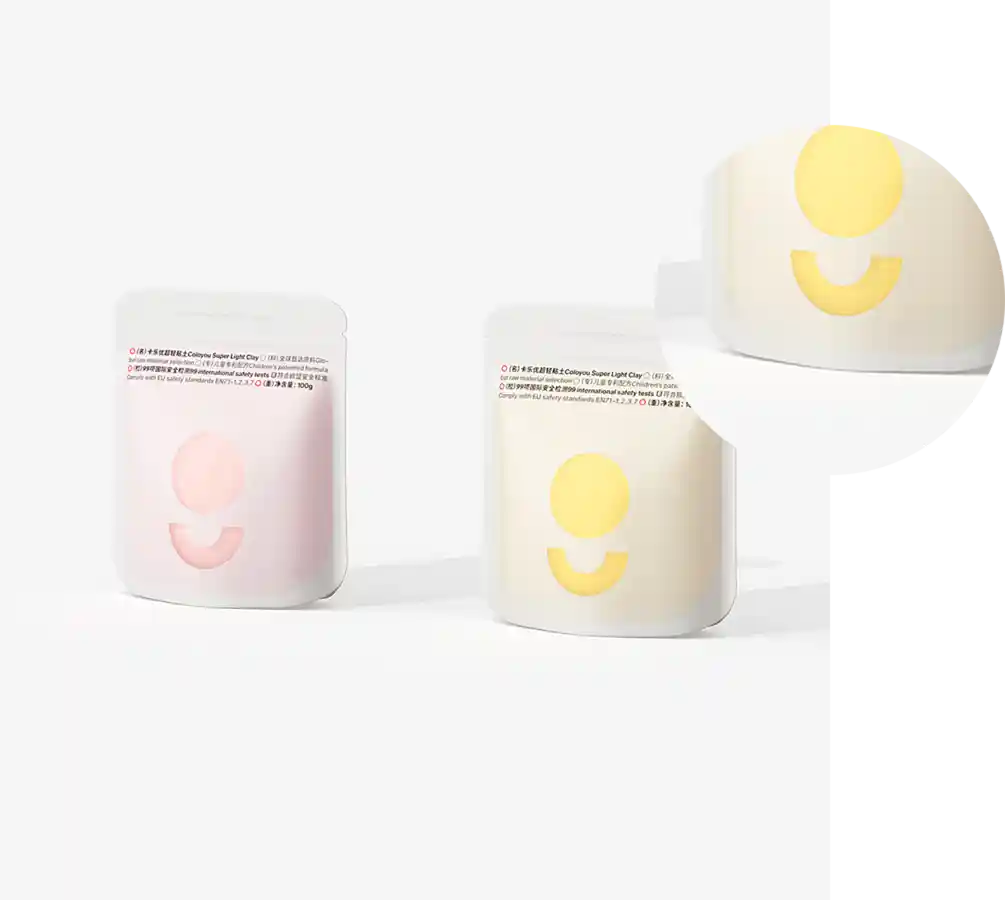- Afrikaans
- Albanian
- Amharic
- Arabic
- Armenian
- Azerbaijani
- Basque
- Belarusian
- Bengali
- Bosnian
- Bulgarian
- Catalan
- Cebuano
- chinese_simplified
- chinese_traditional
- Corsican
- Croatian
- Czech
- Danish
- Dutch
- English
- Esperanto
- Estonian
- Finnish
- French
- Frisian
- Galician
- Georgian
- German
- Greek
- Gujarati
- haitian_creole
- hausa
- hawaiian
- Hebrew
- Hindi
- Miao
- Hungarian
- Icelandic
- igbo
- Indonesian
- irish
- Italian
- Japanese
- Javanese
- Kannada
- kazakh
- Khmer
- Rwandese
- Korean
- Kurdish
- Kyrgyz
- Lao
- Latin
- Latvian
- Lithuanian
- Luxembourgish
- Macedonian
- Malgashi
- Malay
- Malayalam
- Maltese
- Maori
- Marathi
- Mongolian
- Myanmar
- Nepali
- Norwegian
- Norwegian
- Occitan
- Pashto
- Persian
- Polish
- Portuguese
- Punjabi
- Romanian
- Russian
- Samoan
- scottish-gaelic
- Serbian
- Sesotho
- Shona
- Sindhi
- Sinhala
- Slovak
- Slovenian
- Somali
- Spanish
- Sundanese
- Swahili
- Swedish
- Tagalog
- Tajik
- Tamil
- Tatar
- Telugu
- Thai
- Turkish
- Turkmen
- Ukrainian
- Urdu
- Uighur
- Uzbek
- Vietnamese
- Welsh
- Bantu
- Yiddish
- Yoruba
- Zulu
how long will vacuum sealed cheese last
How Long Will Vacuum-Sealed Cheese Last?
Cheese is one of the most beloved dairy products around the world, celebrated for its rich flavors, textures, and versatility in culinary applications. However, cheese can also be quite perishable, leading many lovers of this dairy delight to wonder how long will vacuum-sealed cheese last? Understanding the shelf life of vacuum-sealed cheese can help enthusiasts and casual consumers alike maximize their enjoyment of this delicious food while ensuring safety and freshness.
What is Vacuum Sealing?
Vacuum sealing is a preservation method that removes air from packaging before sealing it. This process greatly reduces the amount of oxygen that can come into contact with food, which in turn helps inhibit the growth of bacteria, mold, and spoilage organisms. For cheese, vacuum sealing can significantly extend its shelf life compared to traditional packaging methods.
Types of Cheese and Their Shelf Life
The shelf life of vacuum-sealed cheese largely depends on the type of cheese in question. Generally, cheeses can be categorized into two main groups hard (or aged) cheeses and soft (or fresh) cheeses.
1. Hard Cheeses Aged cheeses like Parmigiano-Reggiano, cheddar, gouda, and pecorino are much more durable. When vacuum sealed and stored properly in the refrigerator at or below 40°F (4°C), hard cheeses can last anywhere from 6 to 12 months. Some varieties may even retain quality for longer periods if stored correctly. It’s important to note that while these cheeses will still be safe to eat after this period, their flavor, texture, and aroma may begin to degrade over time.
2. Soft Cheeses On the other hand, soft cheeses such as brie, goat cheese, or ricotta have a shorter shelf life due to their higher moisture content. Vacuum-sealed soft cheeses usually last about 1 to 3 months in the refrigerator. After this time, they can spoil more quickly and may develop unwanted flavors or textures.
Factors Influencing Shelf Life
While vacuum sealing significantly extends the shelf life of cheese, several factors can influence how long it lasts
how long will vacuum sealed cheese last

- Storage Conditions Proper storage is essential. Vacuum-sealed cheese should be kept in the refrigerator to maintain optimal freshness. The temperature should be consistently at or below 40°F (4°C).
- Opening the Package Once vacuum-sealed packaging is opened, the shelf life of cheese decreases dramatically. Hard cheeses can last approximately 3 to 4 weeks after opening, while soft cheeses may only last about 1 week. It’s crucial to tightly wrap leftovers in plastic wrap or parchment paper and store them in an airtight container to slow down spoilage.
- Quality at Purchase The state of the cheese when purchased also plays a significant role. Always select cheese with a good expiration date and inspect the packaging to avoid buying products that are close to their shelf life.
Signs of Spoilage
Even vacuum-sealed cheese can spoil over time. Here are some signs that your cheese may no longer be safe to eat
- Mold Growth While some molds are harmless, if you notice unusual mold growth that isn’t part of the cheese's natural aging process (for example, green or black mold on a hard cheese), it’s best to discard it.
- Off Odors If the cheese develops a sour or rancid smell, it may have spoiled.
- Texture Changes Cheese that feels excessively slimy, dry, or hard can indicate spoilage.
Conclusion
Vacuum-sealed cheese can be a great way to extend your enjoyment of this delicious product, making it last significantly longer than cheese in traditional packaging. By properly storing cheese and being mindful of the different types and their potential shelf lives, you can savor it at its best. However, always keep an eye out for any signs of spoilage, and when in doubt, trust your senses. Enjoy your cheese responsibly, and it can provide delight for months to come!













